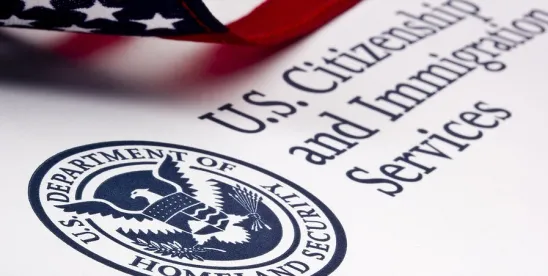President Biden’s Executive Order, “Restoring Faith in Our Legal Immigration Systems and Strengthening Integration and Inclusion Efforts for New Americans,” promotes the efficient and fair adjudication of immigration benefits by applying deference to previous adjudications as a significant mechanism in the adjudication of new petitions or applications. Generally, USCIS now should defer to its previous approvals in new applications by an applicant, assuming a previous application was approved, and no material change has occurred.
In the EB-5 context, an EB-5 project can apply for Exemplar I-526 Petition approval. Following Exemplar approval, USCIS should defer to its previous approval on the project-related materials when deciding investor Form I-526 Petitions associated with the project. This policy necessarily furthers trust in the EB-5 program and enables further investment. However, the USCIS Policy Manual reasonably states that USCIS will still conduct a de novo review of each prospective immigrant investor’s lawful source of funds and other individualized eligibility criteria.
Moreover, USCIS should defer to its previous adjudication on a Form I-526 Petition when later deciding an I-829 Petition by the investor. The USCIS Policy Manual specifically instructs officers to refrain from reexamining determinations made earlier in the EB-5 process unless there is reason to believe that a prior adjudication involved an objective mistake of fact or law, or a material change in facts, fraud, or willful misrepresentation. For example, USCIS does not reexamine the source of funds or the TEA designation at the I-829 Petition stage and generally defers to its previous determination at the I-526 stage.
Moreover, USCIS reserves the right to refrain from providing deference in the following instances:
-
Where USCIS determines that the underlying facts upon which a favorable decision was made have “materially” changed. For example, when a new filing involves a different project from a previous approval, or the same previously approved project with material changes to the project plan.
-
Where USCIS determines that the previously favorable decision is “legally deficient,” i.e., involves an objective mistake of fact or an objective mistake of law evidencing ineligibility for the benefit sought, but excluding those subjective evaluations related to evaluating eligibility.
-
Where USCIS determines that there is evidence of fraud or misrepresentation.
Absent these circumstances, USCIS should continue applying deference to prior determinations. Stakeholders may benefit from more predictability in decisions and shorter adjudication times.


 />i
/>i

